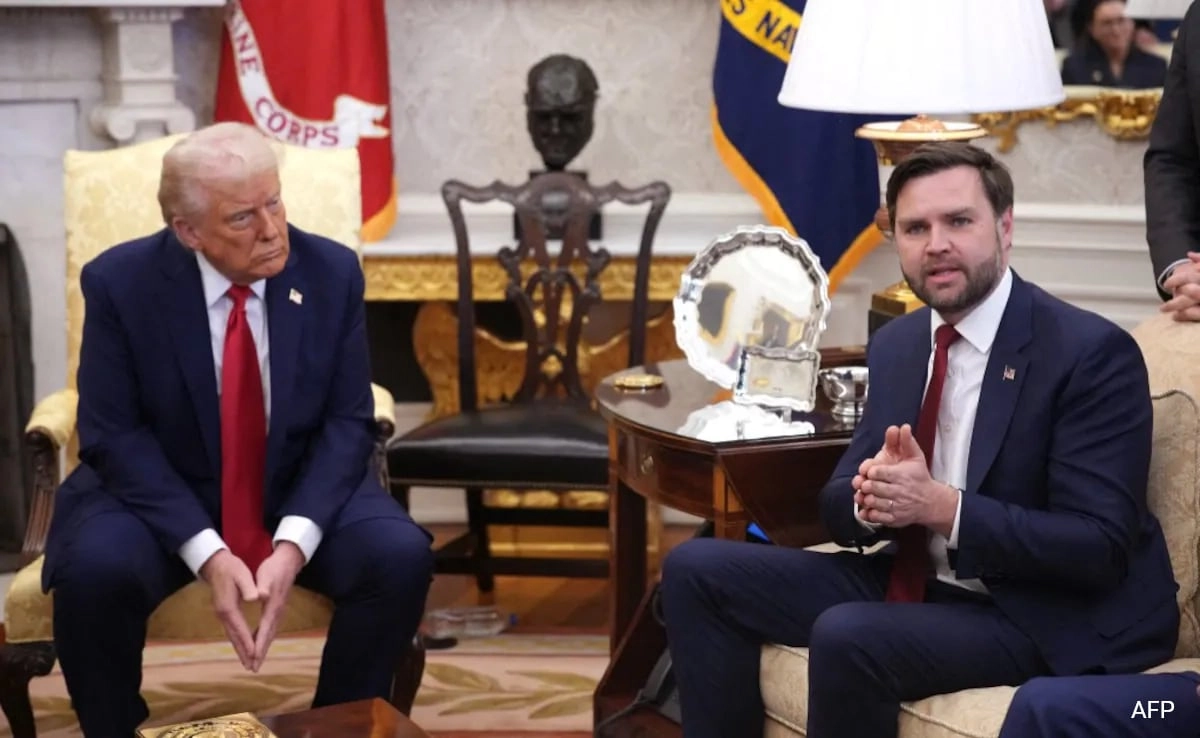A recent statement made by Karnataka MLA K. Gopalaiah has ignited a controversy that has drawn attention from various quarters. During a legislative assembly session, Gopalaiah remarked that a forest officer was using her pregnancy as an excuse to avoid work. This comment has raised eyebrows and sparked a significant backlash, with many criticizing the MLA for his insensitivity and lack of understanding regarding the challenges faced by working women, especially in demanding roles like that of a forest officer.
The comment was perceived as both dismissive and derogatory, suggesting that Gopalaiah is out of touch with the realities of balancing work and personal life, particularly for those who are pregnant. Critics argue that such remarks undermine the professional capabilities and commitment of women in the workforce, perpetuating harmful stereotypes that can hinder their careers. The incident has ignited discussions on the broader issue of gender equality in the workplace, highlighting the need for societal attitudes to evolve in order to support women during significant life events such as pregnancy.
Furthermore, the backlash has prompted various women’s rights organizations to voice their concerns, calling for Gopalaiah to apologize publicly for his remarks. They emphasize that pregnancy should never be viewed as a liability but rather as a natural phase of life that should be accommodated within professional settings. This incident serves as a reminder of the ongoing struggle for gender equity in India and the necessity for lawmakers and leaders to foster an inclusive environment that respects and supports the diverse challenges faced by women, particularly in high-stress and high-responsibility roles.
As the discussion continues, it is crucial for public figures to be mindful of their words and the impact they can have on societal attitudes. The incident not only reflects on the individual involved but also sheds light on the cultural perceptions surrounding women’s roles in the workplace. In a rapidly changing world, it is essential for leaders to champion inclusivity and understanding, ultimately paving the way for a more equitable society where all individuals are valued for their contributions, regardless of their personal circumstances.




